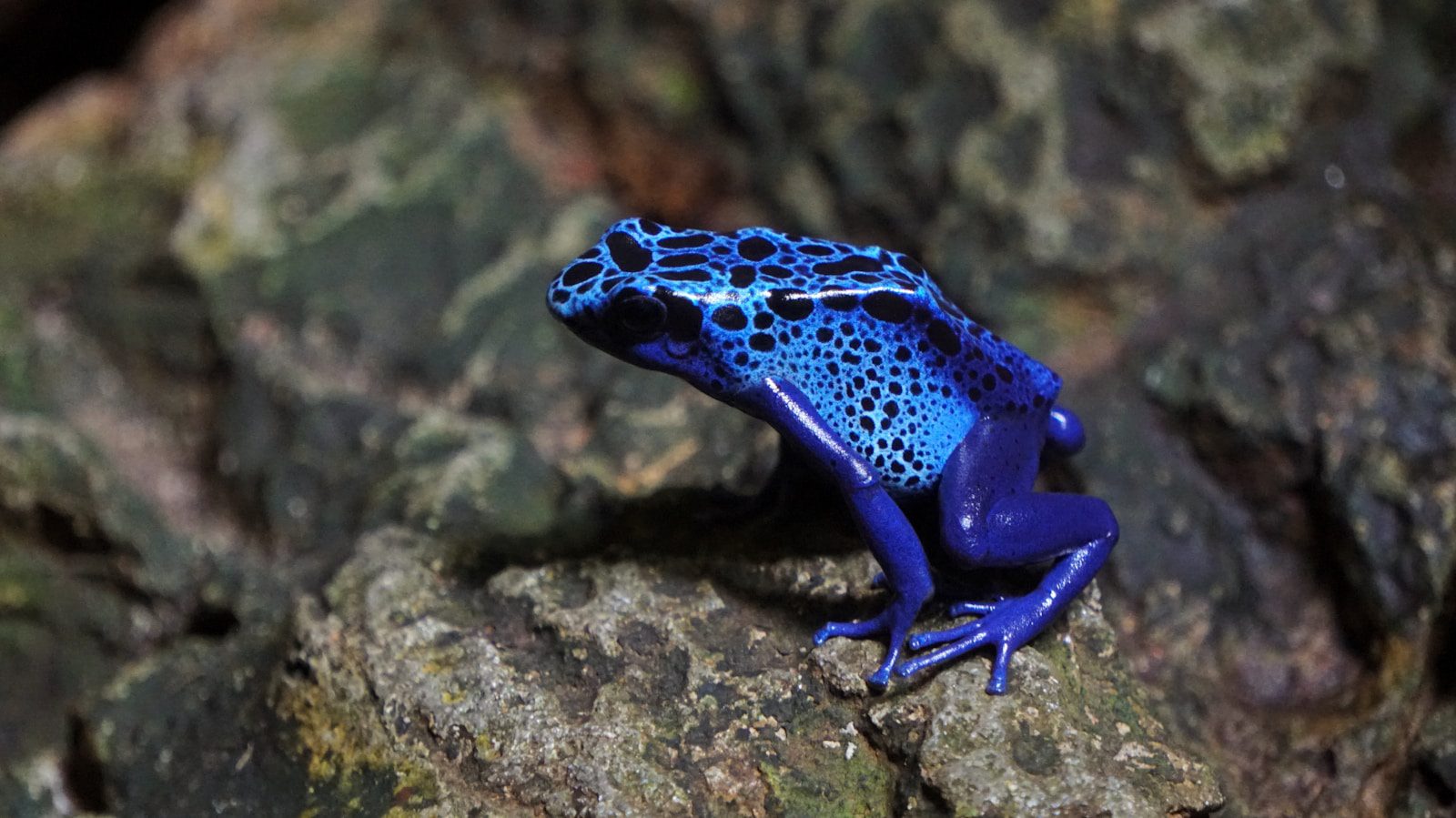In a world that constantly tells us to want more—more stuff, more success, more everything—it can feel revolutionary to want less. To live simply, to crave only what’s essential, isn’t about depriving yourself. It’s about making room for what truly matters.
But how do you get there? How do you train your mind to want very little in a world designed to tempt you at every turn? It’s not about willpower or forcing yourself to deny your desires. Instead, it’s about shifting your focus, finding satisfaction in the present, and understanding what really brings joy.
Why We Want So Much
Wanting is natural. It’s hardwired into us to seek comfort, novelty, and security. But modern life has amplified this instinct. Social media, advertising, and cultural norms constantly tell us we’re missing something—whether it’s the latest gadget, a dream vacation, or the perfect wardrobe.
This cycle creates a mindset of scarcity. No matter what we have, it feels like it’s never enough. And chasing “more” becomes a habit that’s hard to break.
The Beauty of Wanting Less
Wanting less isn’t about self-denial or asceticism. It’s about freedom—freedom from the endless cycle of comparison and the weight of always striving for something else. When you learn to want very little, you:
- Gain clarity about what truly matters.
- Feel more content and less stressed.
- Appreciate what you already have.
It’s not about giving everything up. It’s about understanding that happiness doesn’t come from having more—it comes from needing less.
How to Start Wanting Less
1. Shift Your Focus to What You Already Have
Take a moment to look around. Notice what you already own, the relationships you cherish, and the experiences that have shaped you.
Gratitude is a powerful tool for reducing unnecessary wants. When you’re truly thankful for what you have, the desire for more begins to fade.
- Start a daily gratitude practice. Write down three things you’re thankful for each morning or evening.
- Revisit old memories or possessions that still bring joy, reminding yourself they’re enough.
2. Identify What You’re Really Chasing
When you want something, ask yourself: “Why do I want this?” Often, our wants are about feelings, not objects.
For example:
- A fancy car might represent status or acceptance.
- A new gadget might offer the illusion of convenience or productivity.
- Designer clothes might signify confidence or belonging.
Understanding what’s beneath the want helps you seek it in healthier ways. Instead of chasing status through material things, focus on building authentic relationships.
3. Declutter Your Physical and Mental Space
Clutter—both physical and mental—fuels the desire for more. When your environment is filled with distractions, it’s harder to feel content.
- Declutter your home: Let go of items that no longer serve you. Donate or sell them, and enjoy the space you create.
- Declutter your mind: Practice mindfulness, journal, or set boundaries with social media to reduce mental noise.
As your space clears, so does your perspective.
4. Redefine Success and Happiness
Many of our wants stem from society’s definition of success: wealth, possessions, and external achievements. But what if success looked different?
- Focus on relationships, health, and personal growth.
- Find joy in simple pleasures, like a walk outside, a good book, or a deep conversation.
- Celebrate small wins and moments of peace rather than grand accomplishments.
When you measure success on your terms, the pressure to keep up with others fades.
5. Practice Contentment Daily
Contentment isn’t a one-time decision—it’s a daily practice. Train yourself to pause and appreciate the present moment.
Try this:
- Take a few minutes each day to sit quietly. Breathe deeply and notice the sensations around you—the warmth of the sun, the softness of your chair, the rhythm of your breath.
- Remind yourself, “Right now, I have enough.”
These moments of mindfulness anchor you in the present and reduce the urge to seek more.
6. Set Limits on Consumption
We live in a consumer-driven culture, and it’s easy to get swept up in the flow. Setting intentional limits can help.
- Unsubscribe from temptation: Limit exposure to ads, unsubscribe from promotional emails, or take breaks from social media.
- Adopt a waiting period: When you want something new, give yourself a few days to reflect. Often, the desire will pass.
- Focus on quality over quantity: Invest in fewer, better things that truly enhance your life.
7. Find Fulfillment in Non-Material Things
Hobbies, creativity, and experiences often bring more lasting happiness than possessions.
- Spend time outdoors or explore a new skill.
- Connect with others through volunteering, shared activities, or meaningful conversations.
- Explore personal growth through reading, writing, or learning something new.
When your life feels rich in experiences, the desire for material things diminishes.
The Paradox of Wanting Less
Here’s the funny thing about wanting less: it doesn’t make life feel smaller—it makes it feel bigger.
When you stop chasing the next big thing, you free up time, energy, and mental space for what truly matters. You connect more deeply with people and find joy in the everyday moments that might otherwise go unnoticed.
Closing Thoughts: The Gift of Simplicity
Wanting very little isn’t about giving up. It’s about realizing that happiness doesn’t come from endless striving. It comes from recognizing the abundance already in your life.
So, pause. Look around. Take stock of what you have—and who you are. The beauty of wanting less is that it gives you more: more peace, more clarity, and more freedom to simply live.





